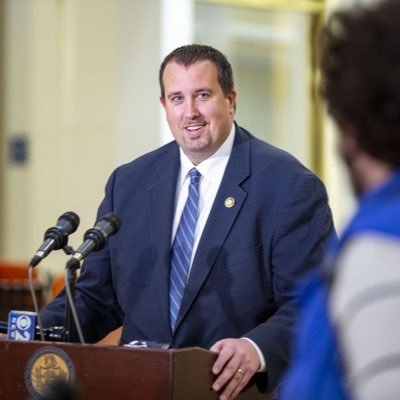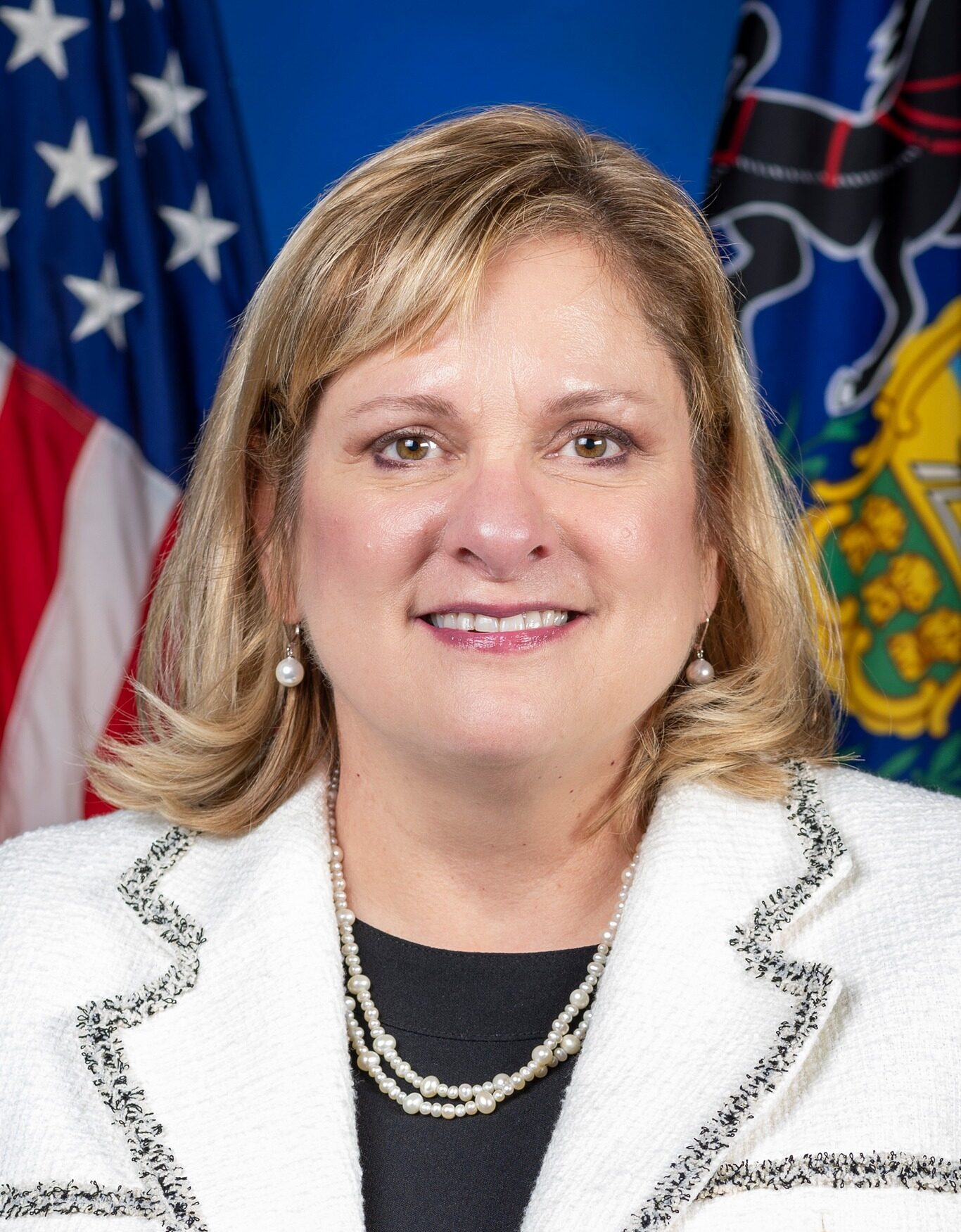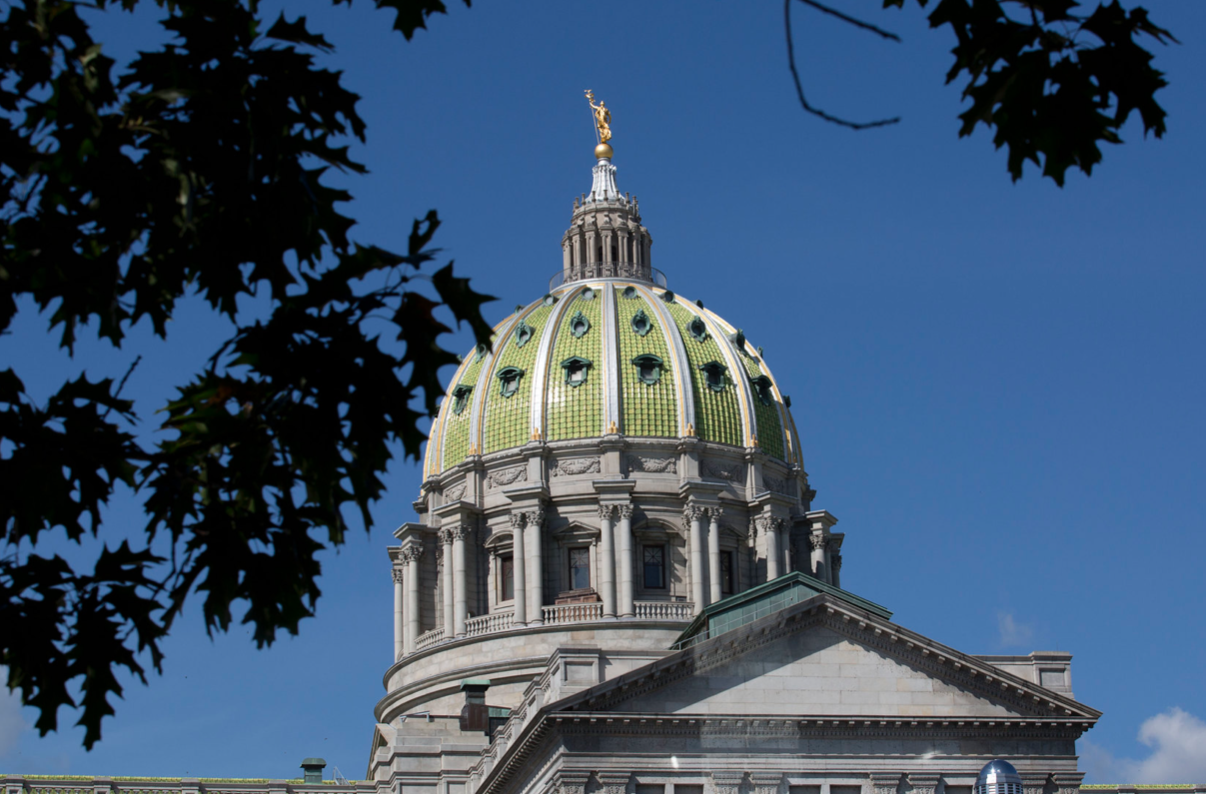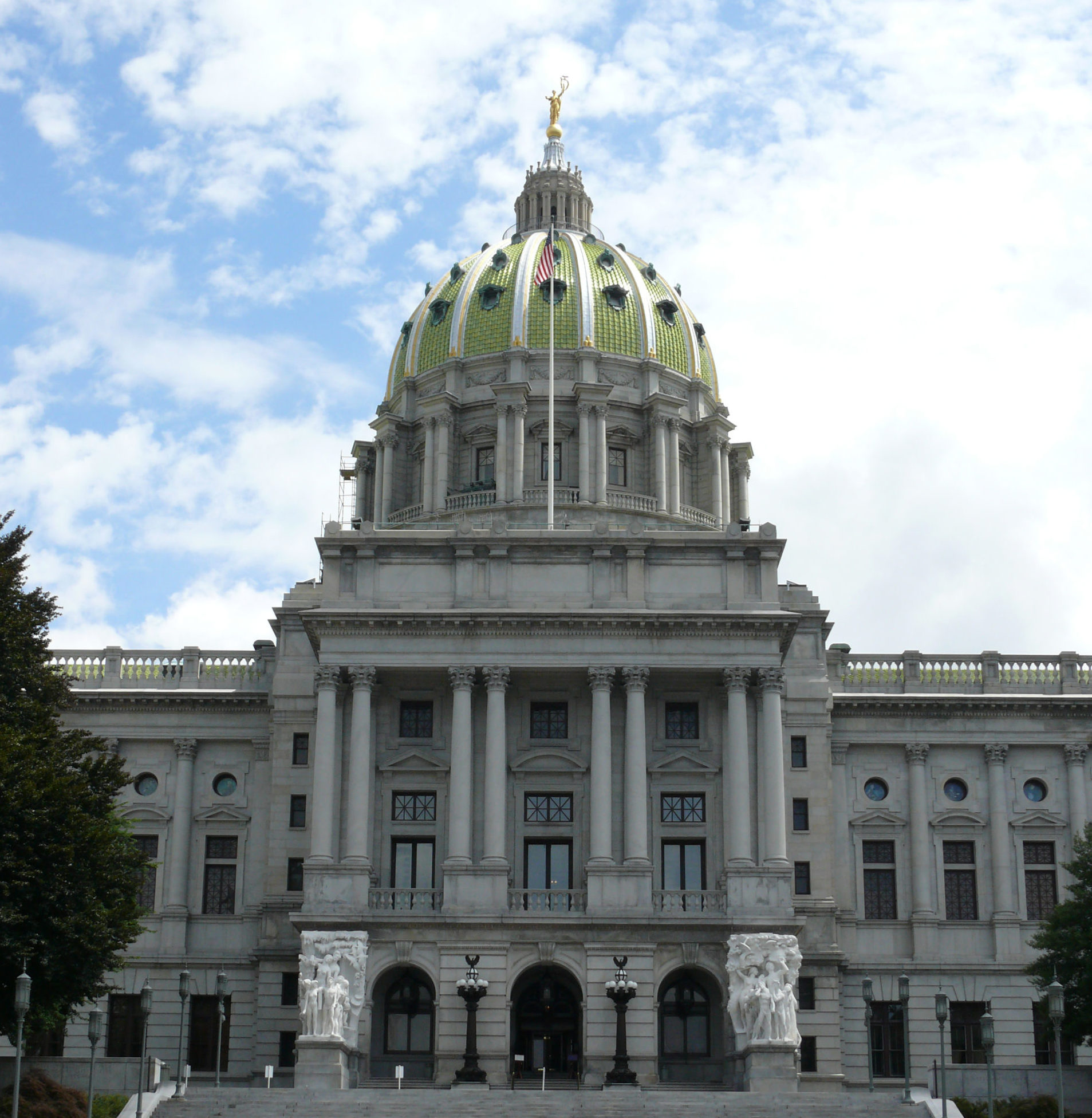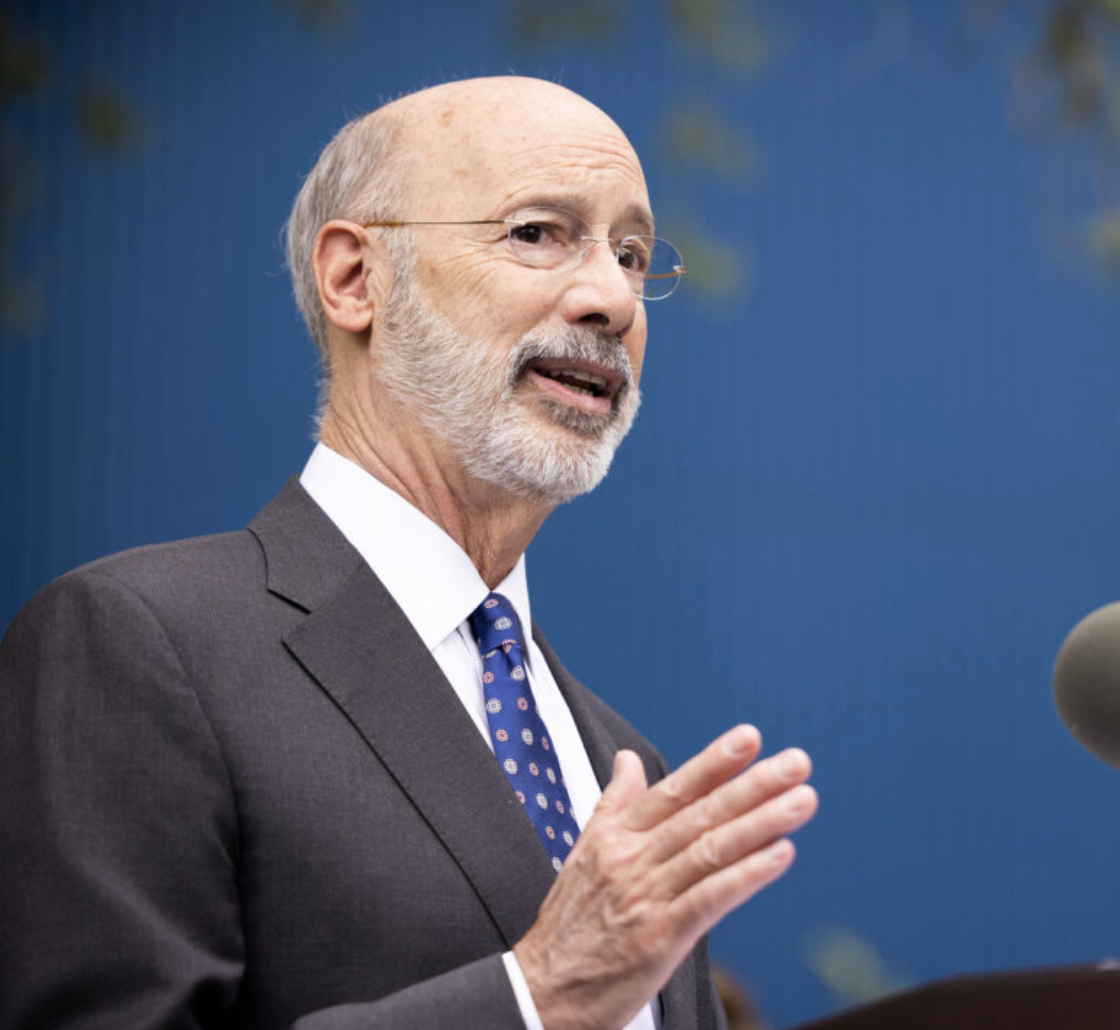STELLE: Education Needs More Choices—Not More Money

Gov. Josh Shapiro and his administration chide the Pennsylvania legislature for hoarding cash with spending sights aimed at draining the commonwealth’s $7 billion Rainy Day Fund. However, Harrisburg’s budget “two-step” tends to forget others sitting on large reserves.
Pennsylvania school districts continue to stockpile massive reserves while lobbying for more tax dollars. Recent data from the Pennsylvania Department of Education (PDE) shows district reserve funds reached an all-time high of $6.8 billion in 2022–23, up $836 million from the previous year.
PDE also reported the total amount of tax dollars held outside reserves in special funds for capital expenditures, athletic facilities, and debt service.
Altogether, Pennsylvania school districts stockpiled $12 billion.
Meanwhile, the Independent Fiscal Office (IFO) expects school property tax collections to rise. In its annual analysis, the IFO estimates property taxes will increase by 3.2 percent this year to almost $17.2 billion, with faster increases projected in 2024 and 2025—4.8 percent and 4 percent, respectively.
While maintaining reasonable reserves is wise, most school district reserves are excessive. State recommendations vary between 8 percent and 20 percent of a district’s annual spending. Notably, more than half of school districts exceed the latter.
Some districts, such as West Chester Area, have a history of padding reserves while raising taxes. In a January 2023 audit, the state found the district “raised taxes twice during the audit period despite having sufficient funds in its General Fund for anticipated annual expenditures.”
By 2021, West Chester Area reported $66,334,097 in reserves—more than 20 percent of expenditures. West Chester Area still maintains a large reserve fund totaling $86.6 million—more than 30 percent of expenditures.
In fact, almost half of Chester County schools carry reserves above 20 percent.
Despite these massive stockpiles, calls for more education dollars from Harrisburg continue. Schools cite inflation, funding following kids to charter schools, and the end of pandemic-related aid to justify tax increases.
However, education spending is growing. When factoring in expanding reserve funds, the $1.4 billion in unused pandemic-related aid, and three years of record-breaking basic education spending hikes, our schools have never had more resources.
PDE’s latest data shows Pennsylvania’s per-pupil spending at $21,985, which, if compared to all 50 states is the seventh-highest in the nation.
This flood of spending coincides with a declining student population. Statewide, public schools educate 72,500 fewer kids than a decade ago.
Something doesn’t add up—just like Pennsylvania students. More than half of Pennsylvania’s fourth graders and nearly 75 percent of the state’s eighth graders cannot perform math at grade level. Moreover, math proficiency remains below pre-pandemic test scores from 2019.
For years, the lie fed to us is that schools underperform because they lack funds.
And the lie seems to work. Pennsylvanians woefully underestimate how much we spend on education. Voters estimate that Pennsylvania spends, on average, $4,300 per student (roughly one-fourth of actual spending). However, when told the correct amount, 82 percent said spending is “about right” or “too high.”
The 2024–25 budget negotiations present a unique opportunity for Pennsylvania: Lawmakers can continue to support public schools at historic rates and give children more education choices.
Right now, lawmakers are again debating Lifeline Scholarships, which Senate Bill 795 currently codifies as the Pennsylvania Award for Student Success (PASS) Scholarship Program. Last year’s state budget negotiations stalled over its then-proposed $100 million (less than 1 percent of education funding) for children assigned to failing schools to choose a private alternative.
In Chester County, failing schools include every Coatesville Area middle school.
Lifeline Scholarships are not a partisan issue: 77 percent of voters support this idea. More importantly, 50 percent of parents say they would send their child to private school if costs weren’t a factor.
Public school leaders, who know better than anyone that not every school can serve every child, should support Lifeline Scholarships, too. EdChoice found 26 of 29 studies concluding that school choice programs improved the academic outcomes of public school students. With added competition, school choice programs benefit participants and public school students.
Pennsylvania public education doesn’t need more money. Instead, it needs fundamental change that empowers kids and families, not lobbyists demanding increased taxes.
Please follow DVJournal on social media: Twitter@DVJournal or Facebook.com/DelawareValleyJournal


